DEARBORN — With the general election less than one month away, the 14 City Council candidates are answering difficult questions at the forefront of residents’ minds.
All 14 candidates were asked the same questions and given a 75 word limit per question and two weeks to answer. Silvio Davis, Gary Enos, and Khalil Othman did not respond to this questionnaire.
Full candidate profiles can be found by going to www.arabamericannews.com and searching the candidate’s name or clicking on their names in this article.
Question one: Much has been said about the high rates of property taxes in the city. Knowing that a vast majority of tax revenue for city services is spent on public safety, and that another major portion is spent on education, how would you use your position on the City Council to alleviate tax burden from working families while maintaining equitable services for residents (please be as specific as possible about your plan or proposal)?
Question two: Civil engineers, climate scientists and the city’s Public Works Department have said the recent flooding can be attributed to region-wide watershed problems of increased rainfall due to climate change, increased development that blocks rainwater disposal and aging infrastructure, especially in older developed areas of the city. What, if anything, can a local city council do about this regional issue and how would you use your seat on Dearborn’s Council to mitigate this ongoing problem?
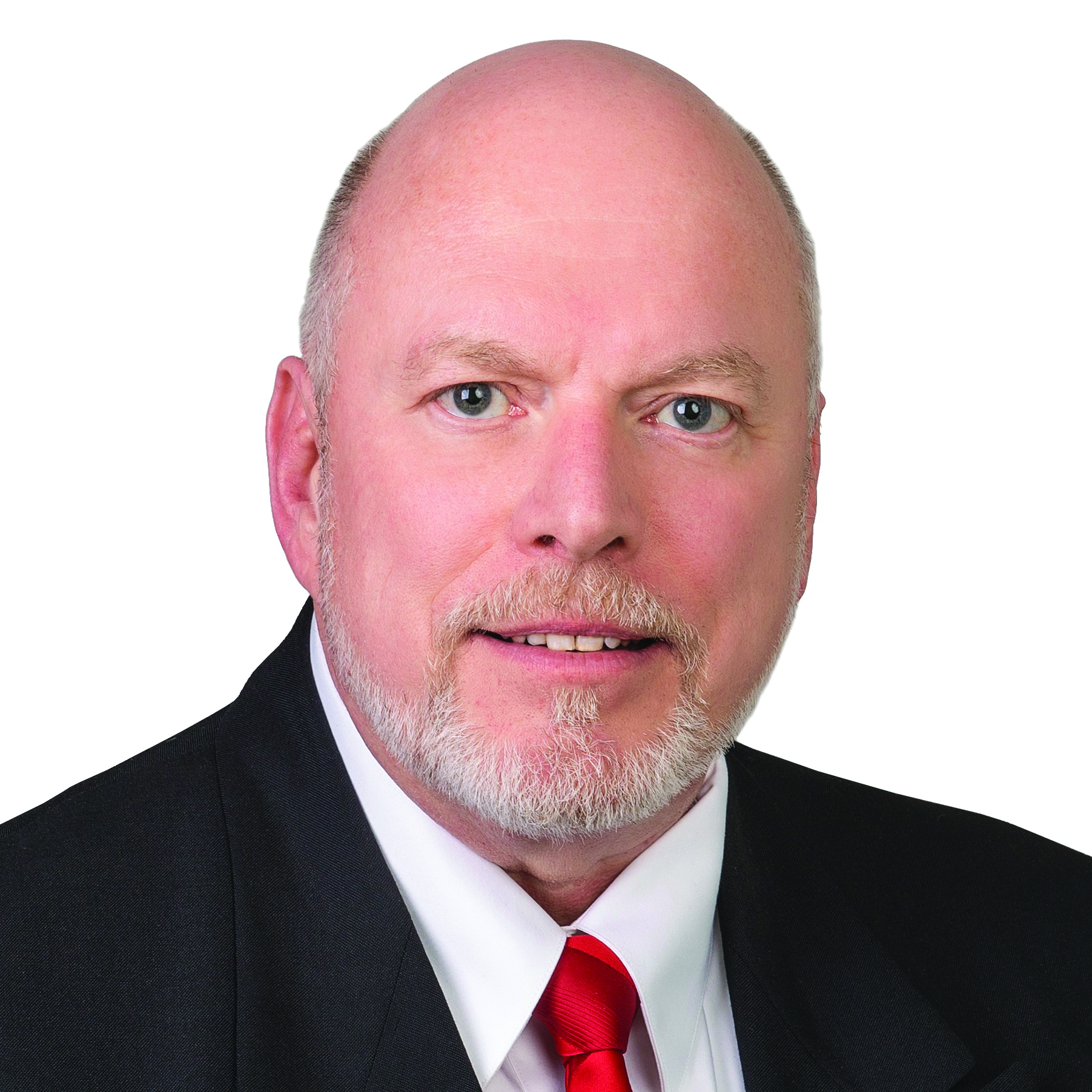
Ken Paris
Ken Paris A1: Per charter, Council “may revise, alter, increase or decrease” the budget. All departments, (including public safety) need better review of efficiency and costs. City enterprise software systems need upgrades to increase services and employee efficiency and morale. I propose a “one stop shop”, 311 type service system or minimally a “see-click-fix” used in some cities. American Rescue Plan funded projects ($48.7M) need thorough review or we may be burdened with support costs after funding expires.
A2: A 7-27-21 Council RFP study session started an investigation into flooding causes and mitigation, which may take six -12 months for initial investigation results. We cannot address infrastructure needs until we first know the extent of the problem. EGLE, GLWA, Army Corps of Engineers and other regulators need to take action. Public utilities need to be held accountable for power loss to regional grids and pumping stations. Council needs to find state and federal funding opportunities.
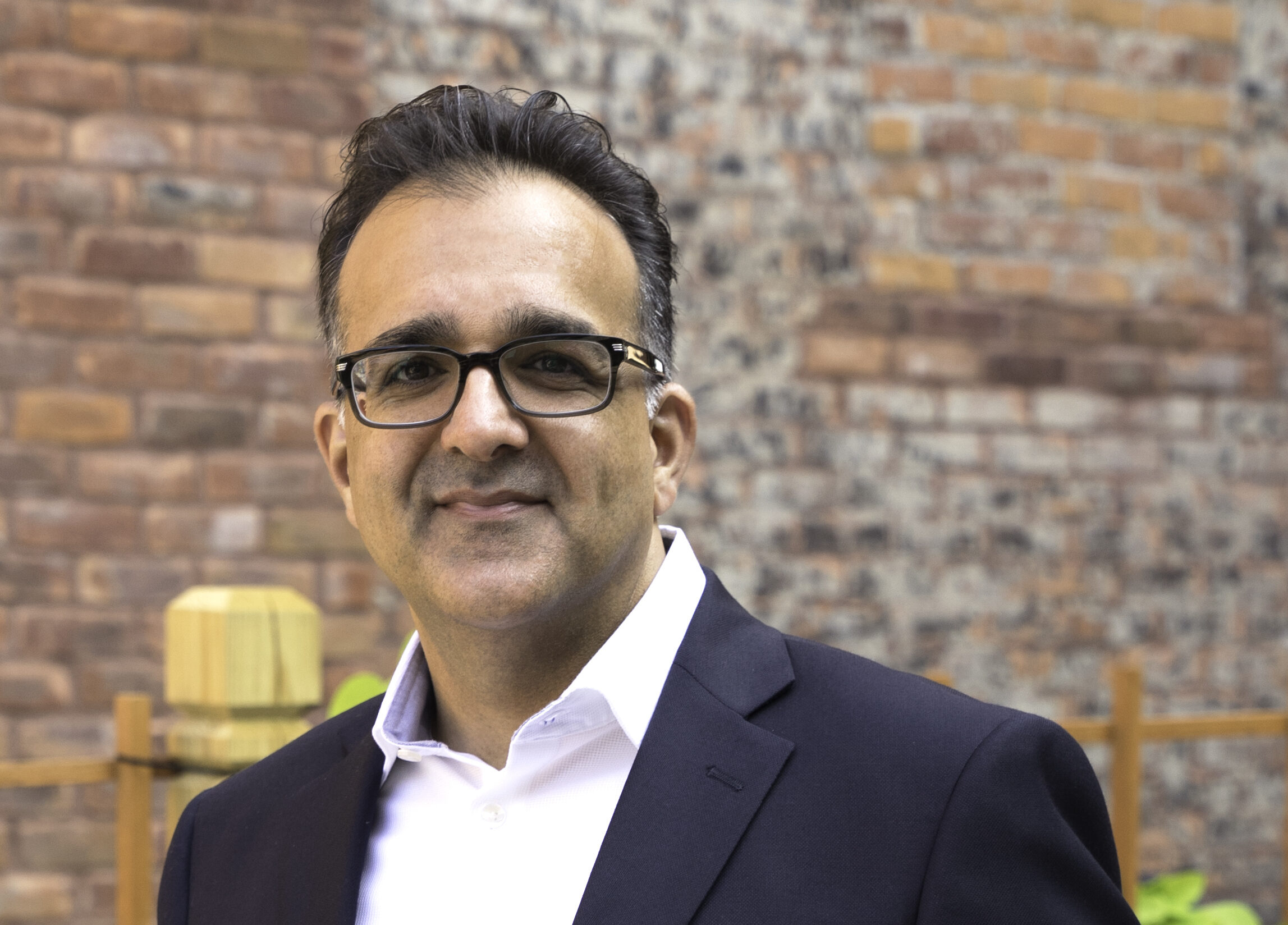
Mike Sareini
Mike Sareini A1: We need to first work with our assessor to make sure properties are assessed properly. We need to incorporate technology to streamline city services, which will make it easier to live and do business in the city. Residents deserve the best services; that’s why I’ve always asked the tough questions of our independent service providers and department directors. I’m committed to ensuring residents get the most out of their tax dollars while keeping the city’s budget balanced.
A2: Finding a solution for our city’s infrastructure will be a multi-prong process. Three years ago, I asked for an independent investigation into our city’s infrastructure. Tackling this issue requires us to have an in-depth understanding of what needs to be improved. Once that step is complete, I look forward to aggressively seeking the most proven and innovative solutions possible. Flooding of our residential neighborhoods is unacceptable and I will work hard to solve our infrastructure problem.
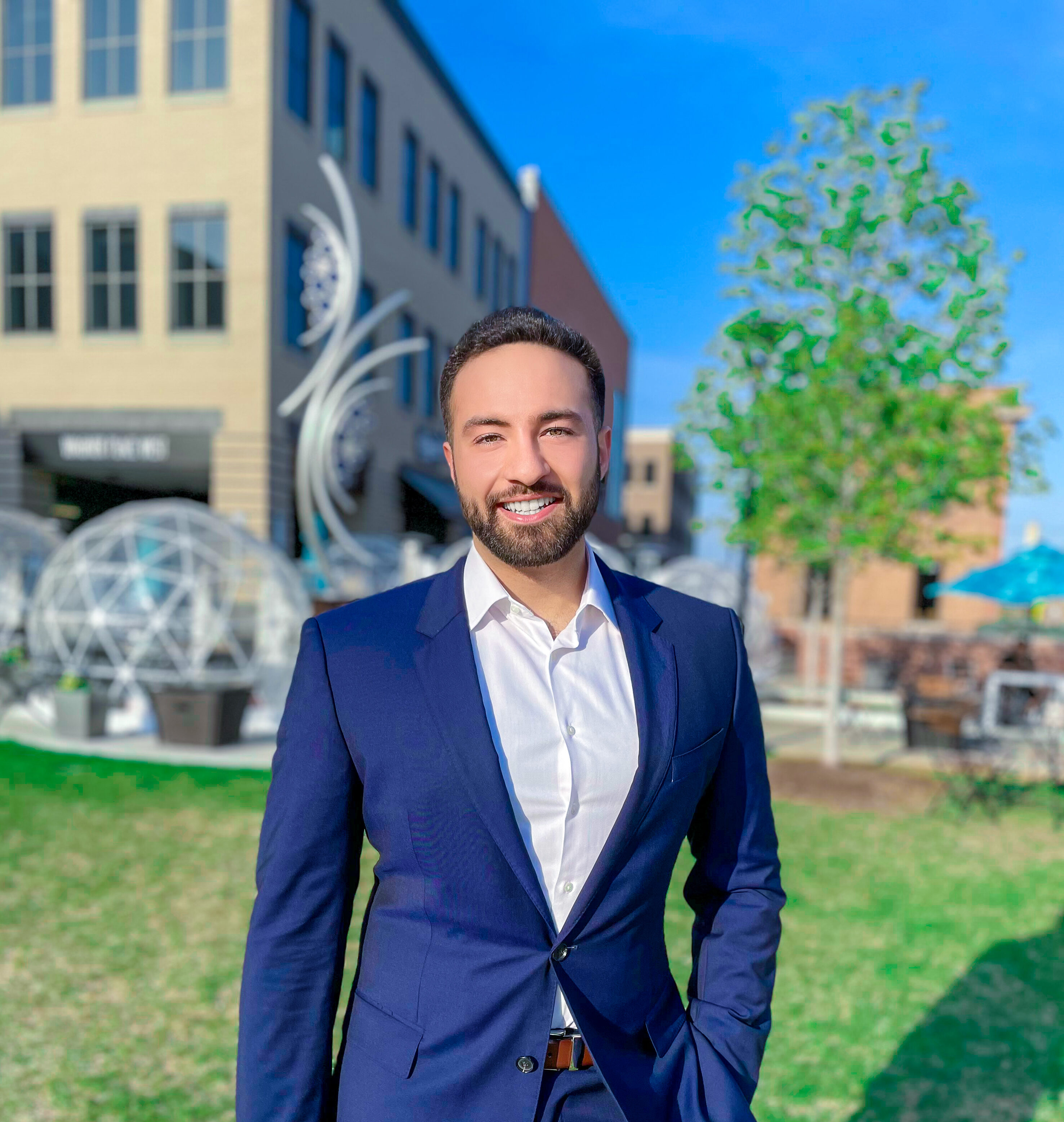
Mustapha Hammoud
Mustapha Hammoud A1: Taxes are high and increasing the overall size of the tax base will be essential to allowing a reduction in overall tax rate while maintaining services. We need to expand available housing options and attract new commercial opportunities to the city. In the past, Dearborn has taken a confrontational approach with new business owners, forcing them to move elsewhere. I will fight on the City Council for simpler ordinances and additional flexibility for development.
A2: Dearborn needs to invest in infrastructure designed to cope with heavy future rainfall. Part of this is to design and build our local system to the proper level of robustness based on actual climate data, not simply up to minimum standards. There are many other options for Dearborn, including swales, ponds and other green infrastructure projects. We should also encourage individual actions, including tax credits for additional on-property water retention, and subsidization of backwater valves.

Erin Byrnes A1: The delivery of equitable services throughout Dearborn is critical, whether it be public safety, recreation or pickup of trash and recycling. As a Council member, monitoring the city assessor’s evaluations to ensure they are fair and accurate is key. Greater economic development can help shift the burden from our residents by creating a broader tax base among businesses while adding more vibrancy to our city and bringing in dollars that can be reinvested across town.
A2: As a Council member, I take investments in infrastructure and addressing climate change very seriously. We must start with an expert investigation of our infrastructure and work with state and federal partners to obtain funding for improvements while dedicating green space across the city for rain water absorption. We cannot continue to operate in isolation and must create a county-wide action plan around development, infrastructure and climate change that will benefit us in the future.
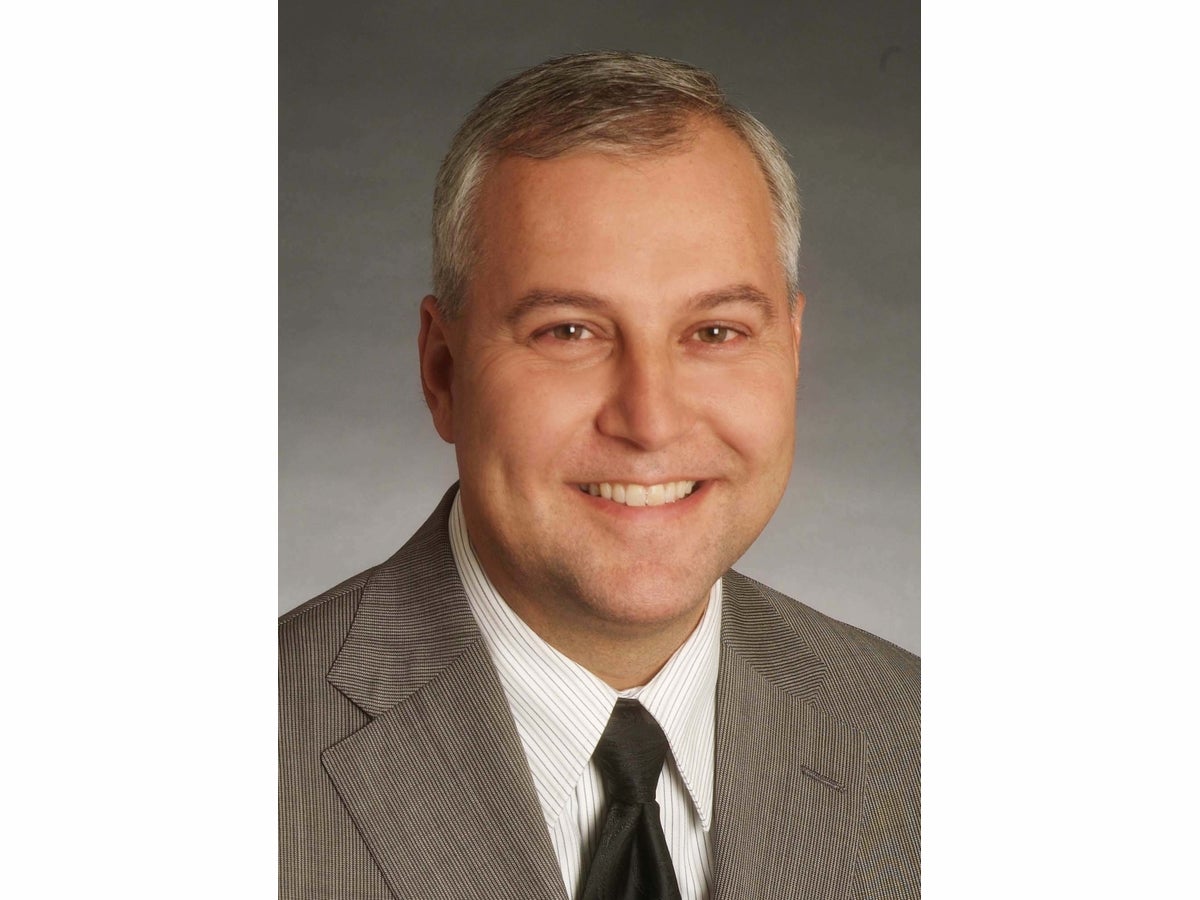
Robert Abraham
Robert Abraham A1: The City Council’s role is to approve the millage rate and adopt a balanced budget. To do this properly public safety and city service must be prioritized to the needs of the residents. This is a major challenge that requires vision, experience and an understanding of all of the neighborhoods. My five terms elected to the City Council provide this unique experience to make these difficult decisions. We must protect the valuable city services.
A2: The City Council is charged with the protection of our residents and the infrastructure systems. As a Councilman with 20 years of experience and professional background in finance and accounting, I will use these skills to work with the new mayor, the administration, regional and state officials to help study, design and implement an affordable solution to the flooding/sewer backups. We must provide long-term relief without overburdening the homeowners with increased water/sewer bills and tax bills.
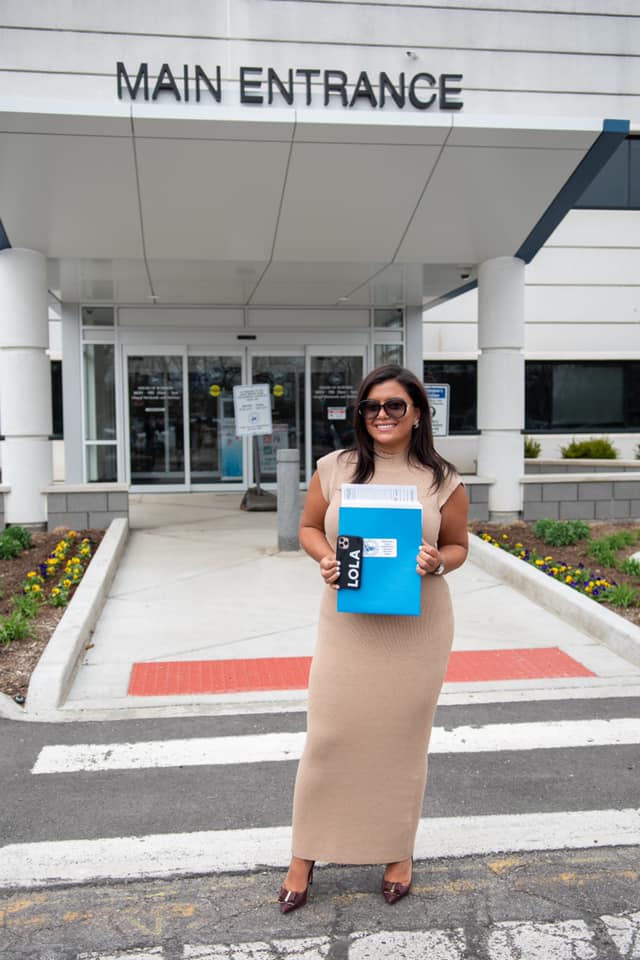
Lola Elzein
Lola Elzein A1: High property taxes have been driving away so many of our investors and young families looking to reside within our city. On Council, I will work on lowering our millage rate by reducing wasteful spending while maintaining and improving the level of city services, work with the city assessor to ensure that residential and commercial properties are assessed fairly and equitably and encourage new housing developments to ensure that young families and professionals are able to afford a home in Dearborn. Most importantly, growing Dearborn’s small and commercial businesses are crucial to offer relief and offset property taxes for homeowners.
A2: On Council, I will call for an independent investigation to understand what happened in the recent months. I believe it’s important that we continue to invest in our crumbling infrastructure. If elected to Council, I will work with our federal, state and county partners to identify and earmark additional funding to help alleviate some of the infrastructure concerns our city faces. Additionally, I look forward to working with my fellow colleagues to assess the most pressing areas of concerns for residents and in turn, allocate the incoming American Rescue Plan dollars to our city’s infrastructural needs.
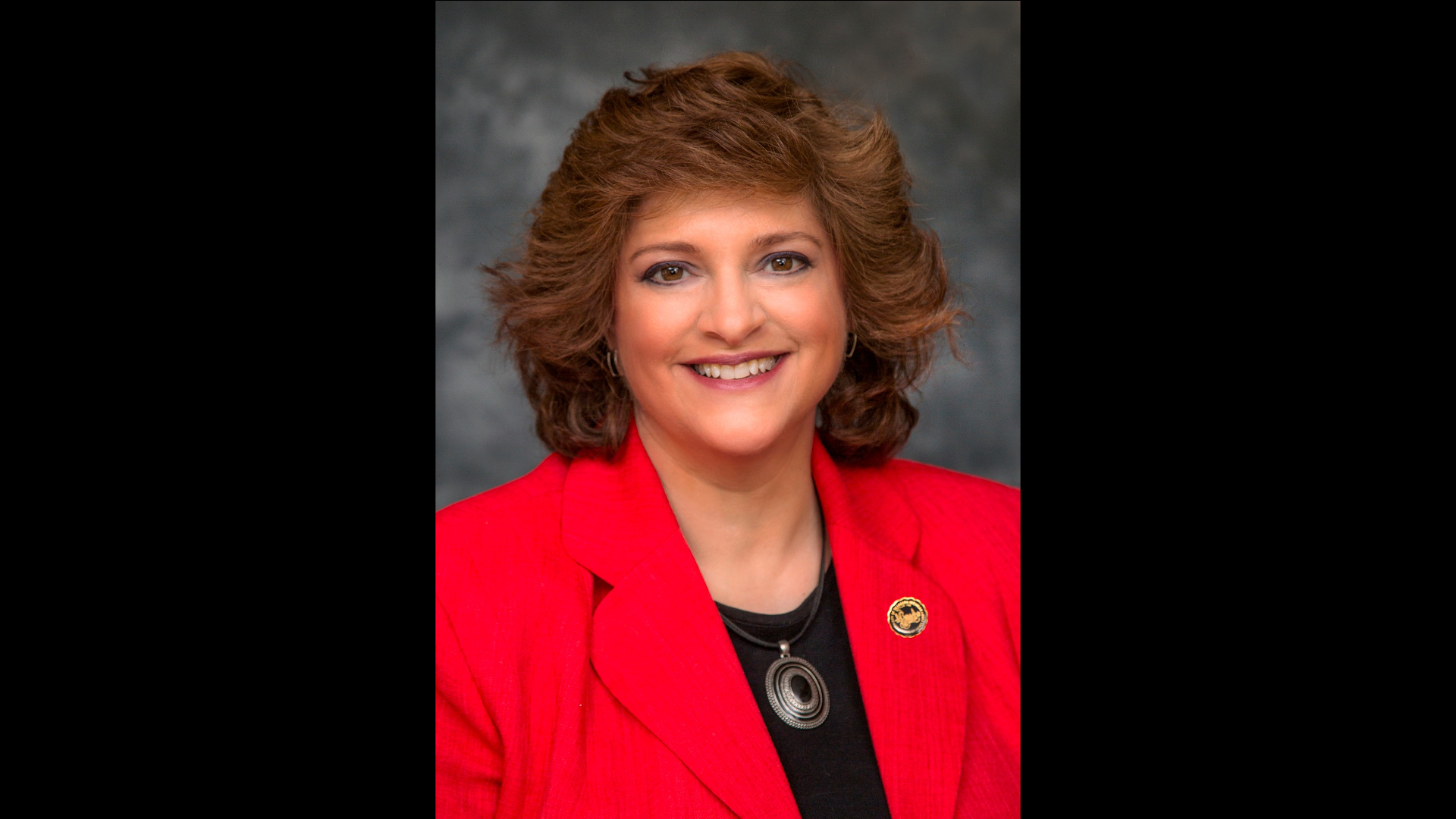
Leslie Herrick
Leslie Herrick A1: While on Council, I already introduced a measure to provide tax relief to residents by reducing the length of time and amount of the supplemental tax renewal that is on the November ballot. I also propose exploring additional shared services with neighboring communities and hiring a full time grant writer to apply for funds for equipment and projects that directly benefit residents.
A2: Dearborn must implement a long-term, city-wide sustainability plan that includes addressing infrastructure. We must implement a watershed management plan to reduce dependence on sewers; increase city-owned green space and install water retention features; provide resources, information and incentives to encourage residents and businesses to install water retention features; reward residents and businesses for maintaining above the minimum-required green space on their property and seek grants to help residents purchase water management/protection equipment for their homes.
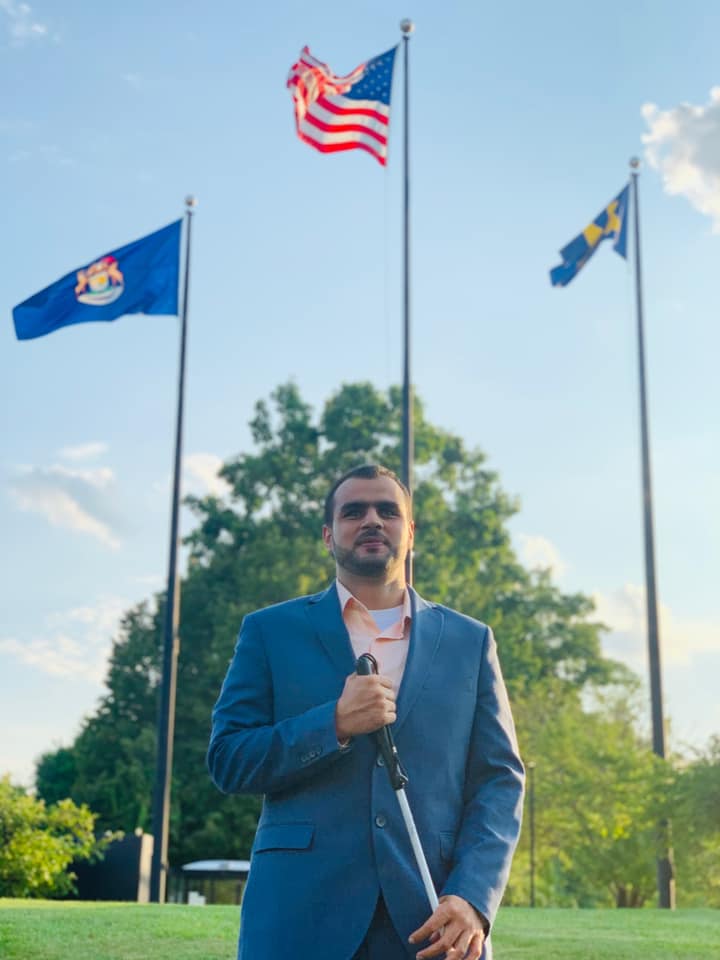
Khodr Farhat
Khodr Farhat A1: Dearborn residents pay amongst the highest taxes in the state. If elected, I pledge to attract more businesses, develop the vacant properties/lands and reach out to our partners in the county, state and federal governments. It is not acceptable to take the easy way out through tapping into our residents’ pockets.
A2: Climate change is real; therefore, we should act accordingly. If elected, I promise to advocate to upgrade our aging infrastructure, increase our green areas and work with our neighboring cities, as well as the county and state, in order to draw more funding and to get the job done.
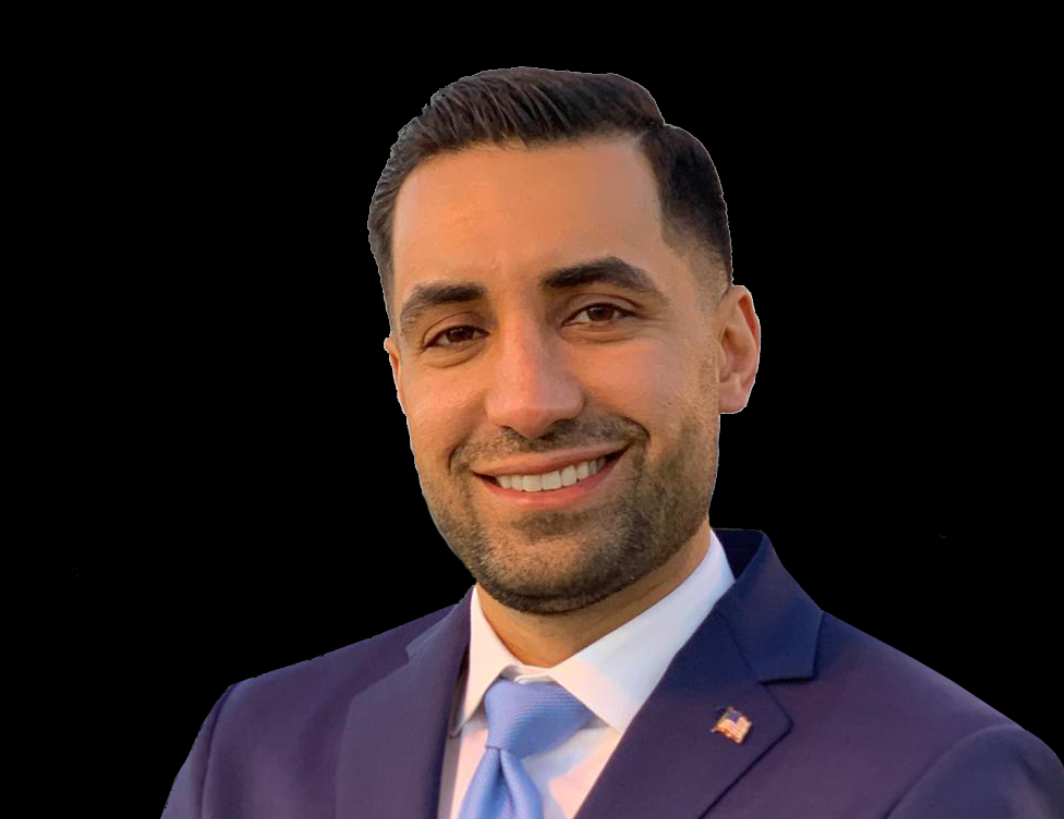
Kamal Alsawafy
Kamal Alsawafy A1: I will use my experiences to complement my position on City Council to alleviate the tax burden without compromising services. My current role as the business development manager for the county offers me the opportunity to work with millions of dollars in federal and state level grants. I would use my grant experience and knowledge to introduce new sources of revenue that can help develop our city and reduce the tax burden on the residents.
A2: My home flooded twice this summer; I lived through the problem and I am motivated to fix it. We need to seriously invest in our infrastructure that goes beyond additional sewage lines. We need green infrastructure and open green spaces that can help turn industrial brownfields into green parks that are designed for residents to enjoy during good weather and to catch excessive rainfall during flooding; this will reduce sewer overflow and improve our quality of life.
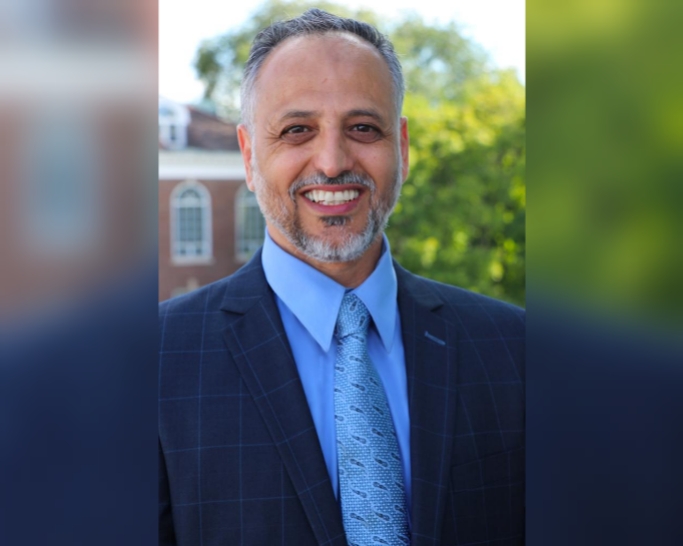
Saeid Alawathi A1: Dearborn property taxes are a very big concern to our residents. We need to make sure that we review our budget to make sure we operate in the most efficient manner without surrendering city services. With my accounting and tax preparation experience, we can take a deep look at our budget and allocate funds to proper services and make sure there are no wastes in spending. We need to find ways to prosper our economy to attract and maintain businesses.
A2: The recent flooding was attributed to climate change and the old infrastructure in our city. Our current system was not constructed to handle the amount of rainfall we get today. We need to fix our infrastructure to update our sewer system so we can avoid future devastating floods from happening repeatedly by working with the county, state, and federal government to provide resources and funding to resolve this matter.
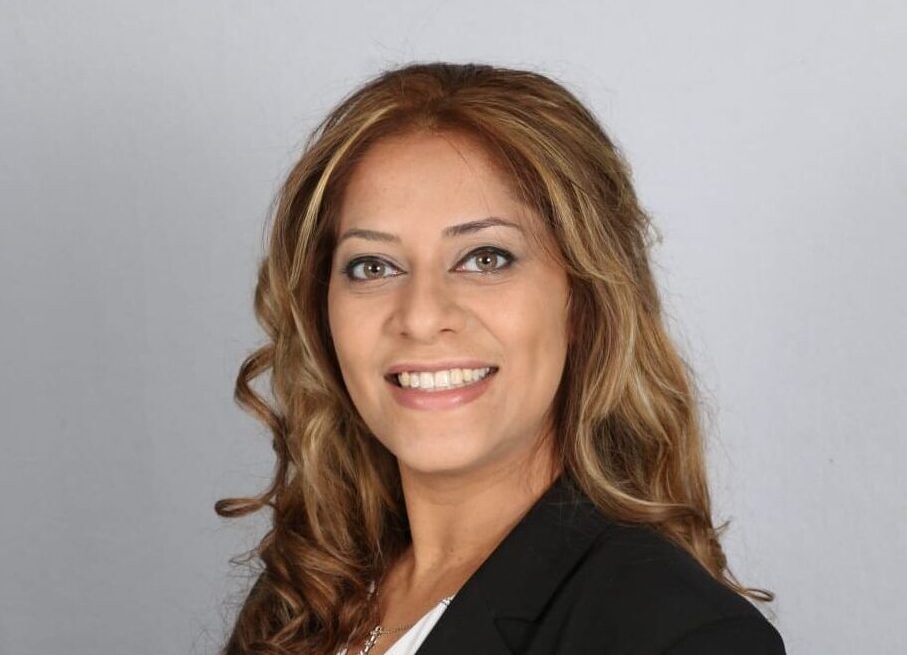
Photo courtesy: Samraa ‘Sam’ Luqman
Sam LuqmanA1:My plan to reduce taxes is to first reduce spending. I plan to reduce the City’s liabilities and operational costs, which include cuts to the enormous salaries of some in the administration who get paid more than the Governor. I believe in cutting out frivolous projects that have cost us millions, and I believe in re-bidding out contracts when there is a breach in contract, such as poor service. The second part of the plan is to increase our tax base by bringing in new business. This includes revamping the Building & Permits Department to make it more user/customer-friendly. And the 3rd part of my plan is to bring in money from outside sources, such as the county, state, and federal government and nonprofits, which I am already doing right now; utilizing grant money instead of taxpayer dollars
A2: Before even getting to Council, I have been bringing hundreds of trees & rain gardens to the City utilizing nonprofits and corporate money; zero taxpayer dollars. I plan on continuing the work I’ve been doing and am hoping to expand on it by obtaining more external funding sources to build on our green infrastructure. As a Councilmember, I would limit the reduction of greenspace, and am proposing a permeable surfaces ordinance. I would ensure that contractors are vetted prior to ground-breaking in any CSO projects and would call for an investigation on what went wrong in the prior floods. I would utilize grants and subsidies to advance the City and am currently proposing a plan for a retention basin as well as a solar field to propel our City forward.


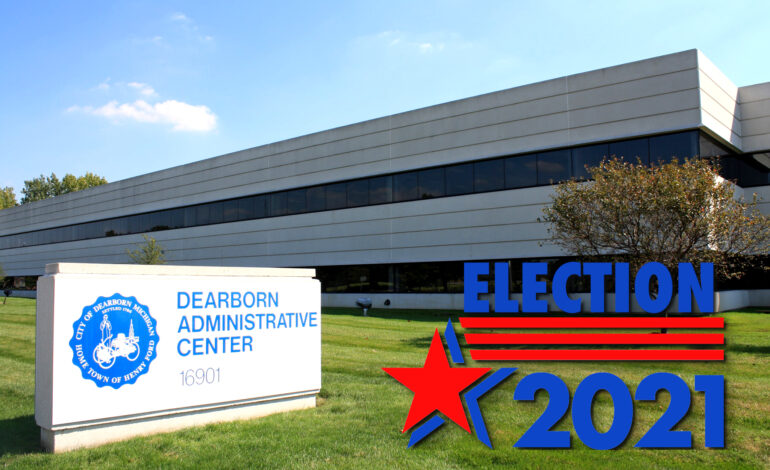



Leave a Reply